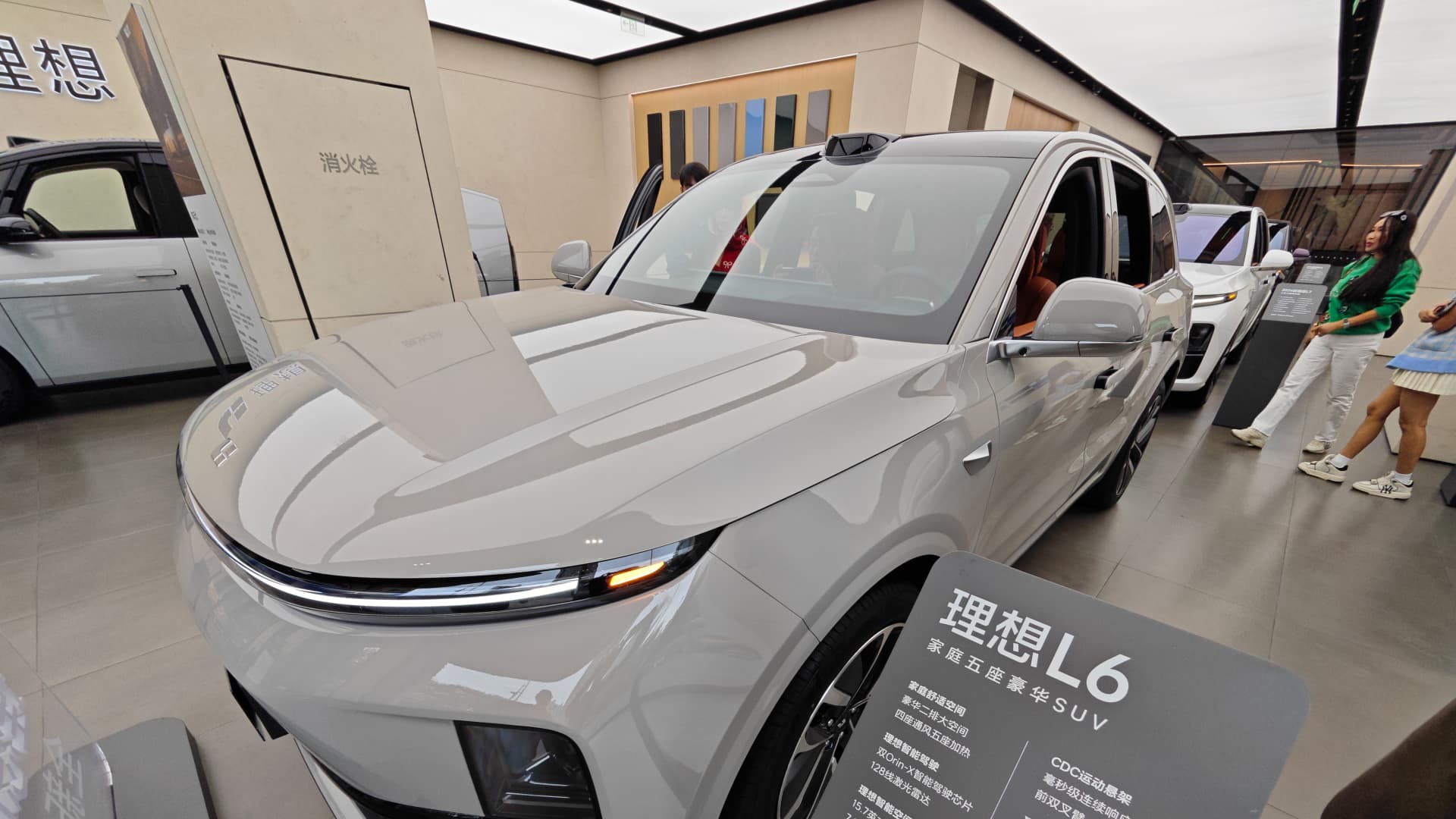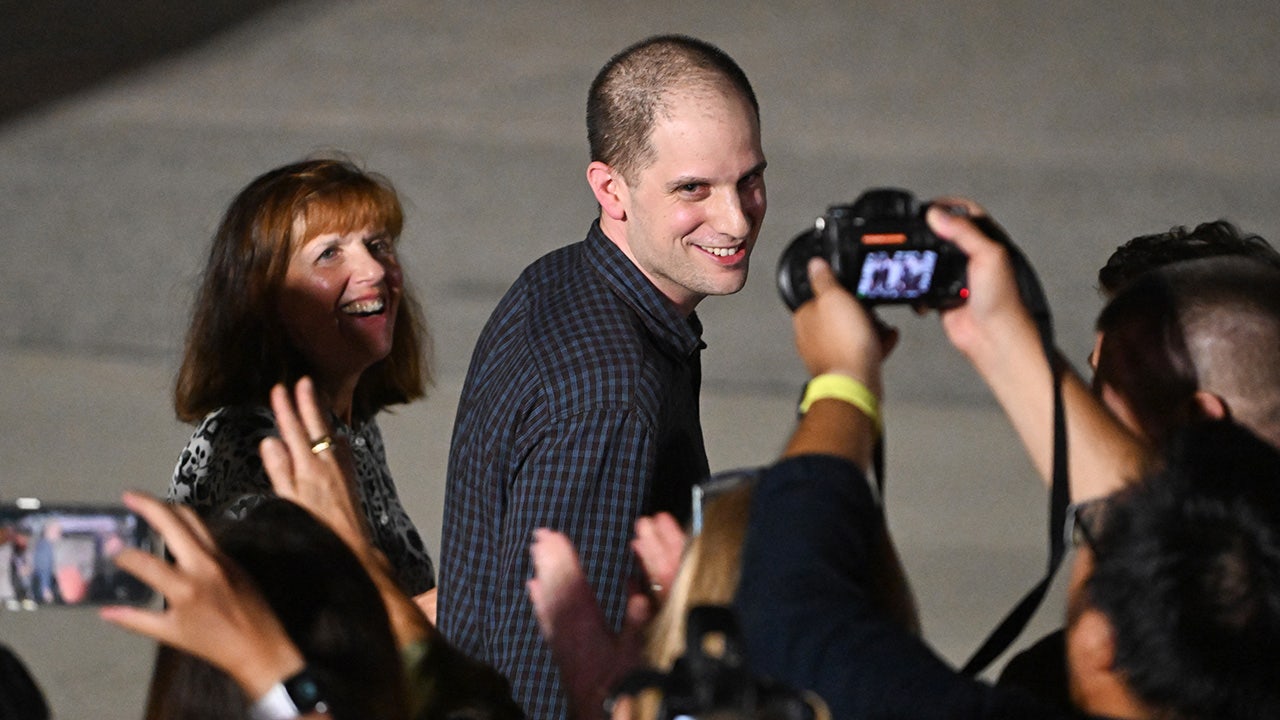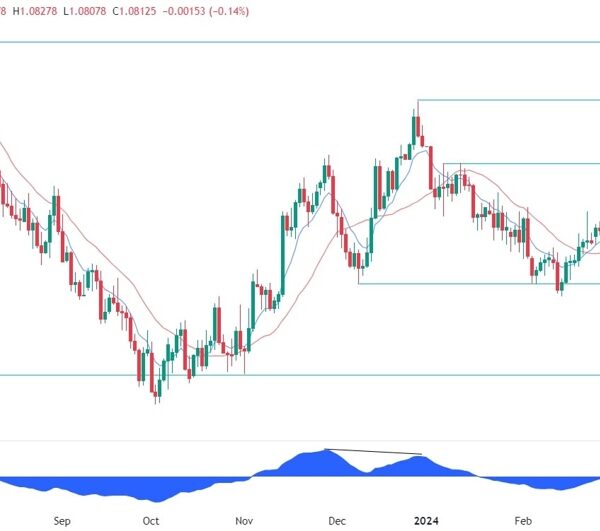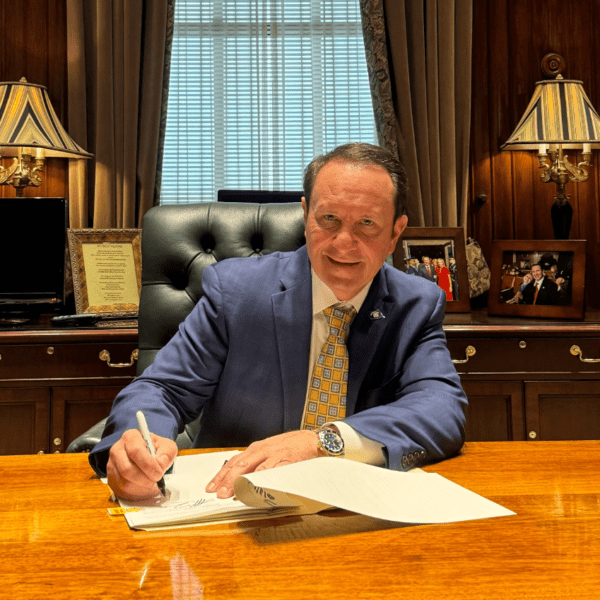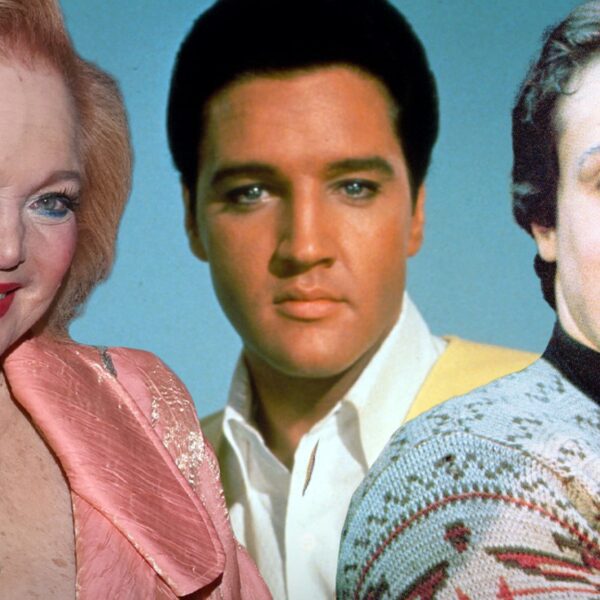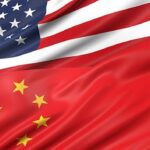A newly released Li Auto L6 new energy vehicle is displayed at a store in Shanghai, China, on April 19, 2024.
Nurphoto | Nurphoto | Getty Images
BEIJING — Chinese new energy vehicle company Li Auto announced Thursday it delivered a record number of cars in July, boosted by sales of its new, lower-cost Li L6 SUV.
The new model and most of Li Auto’s cars come with a fuel tank for extending the battery’s driving range. The strong deliveries reflect Chinese consumers’ persistent concerns about relying only on a battery for driving.
U.S.-listed Li Auto said it delivered 51,000 cars in July, surpassing the 50,000 mark for the first time since December and setting a record for the company. The automaker said its Li L6 that launched in April has seen monthly deliveries of more than 20,000.
The SUV is the company’s cheapest vehicle, starting at 249,000 yuan ($34,373), similar to Tesla’s Model Y in China. Li Auto’s other models cost more than 300,000 yuan.
Tesla, which only sells pure battery-powered cars, does not break out monthly deliveries by country. The China Passenger Car Association said Tesla China sold 59,261 cars in June.


Nio, which also only sells pure battery-powered cars, delivered 20,498 cars in July, holding above 20,000 for a third-straight month after delivering as few as 8,132 cars in February.
Other major battery-only automakers reported lower monthly figures.
Geely-owned Zeekr reported July deliveries of 15,655, while Xpeng delivered 11,145 cars last month.
Smartphone and home appliance company Xiaomi only said it delivered more than 10,000 of its SU7 electric sedan in July, the same as in June and a pace it expected to maintain in August. The company announced two weeks ago that it was on track to deliver 100,000 cars by November, a month earlier than previously announced.
BYD sees hybrid sales dominate
Major automakers selling both battery-only and hybrid-powered cars generally delivered more cars.
Industry giant BYD reported a total of 340,799 passenger car sales in July, more than 60% of which were of plug-in hybrids. The hybrid category also saw year-on-year sales growth of 44%, versus just under 14% for battery-only cars.
That contrasts with total sales figures for 2023, in which battery-only cars grew faster than hybrids to account for just over half of BYD’s passenger car sales.
Aito, a brand co-developed by Huawei, delivered 41,535 cars in July, down from 42,780 in June.
The tech company has focused on selling software for cars instead of manufacturing them. A filing in July showed Huawei is selling the Aito trademark and patents to automaker Seres for 2.5 billion yuan.
— CNBC’s Sonia Heng contributed to this report.

